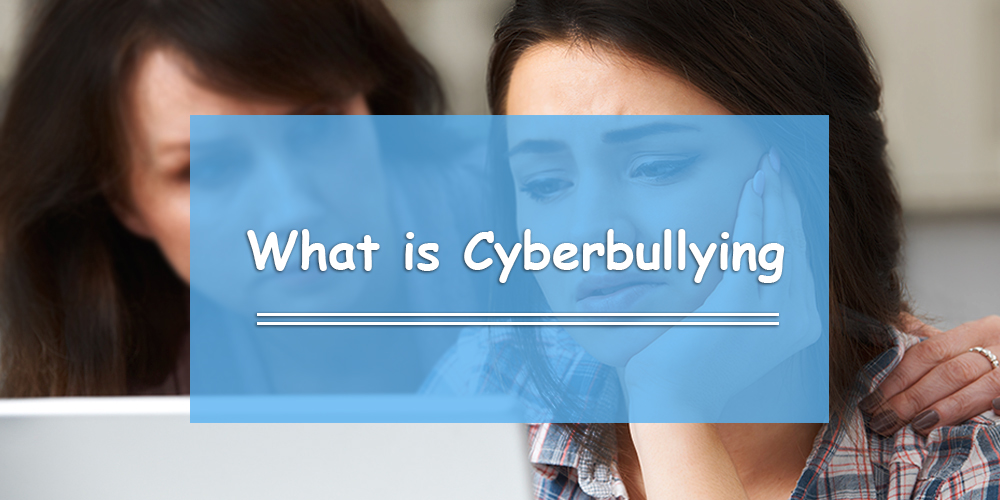What is Cyber Bullying?
Cyber bullying is the use of threatening or mean language to purposely harass or emotionally hurt a single person or group of people. It is used in many forms, including social media, texting, online gaming, chat rooms, and many other Internet channels.
What Are the Signs Your Child Is Being Cyber Bullied?
It may be a warning sign if your child:
- Suddenly stops using their cell phone or computer
- Appears upset after using the computer or receiving calls or texts
- Is secretive about what they are doing online or with their cell phone
- Doesn’t want to go to school or starts having academic and social problems there
- Appears emotionally withdrawn, depressed, agitated, or shows any dramatic changes in behavior and attitude
What You Can Do to Prevent Cyber Bullying
Any internet safety issue requires fundamental research. This includes finding information to general questions like, “What is cyber bullying?” and reading reports that discuss cyber bullying.
(You can read more about cyber bullying in these cyber safety reports.)
When talking specifically about cyber bullying, though, it’s always better to be proactive than reactive. It’s a lot easier (and less stressful) to think about planning ahead and coming up with solutions for how to end cyber bullying before people are affected.
That said, we need a good support system for you – as parents – to get involved. This support system would create a network of caretakers such as yourself who are interested in helping potential victims of cyber bullying and raising awareness about the impact cyber bullies have on society.
This support system will also encourage you to reach out to schools and pressure them to raise awareness about cyber bullying in school.
While this is happening in school, it is also important to stay active in your child’s life. Monitor your child’s online usage and have open conversations with them about what they are doing online.
Whether your child is a victim of cyber bullying, the cyberbully or a bystander, it is important to let adolescents know that they play a role in maintaining a safe online environment for everyone.


